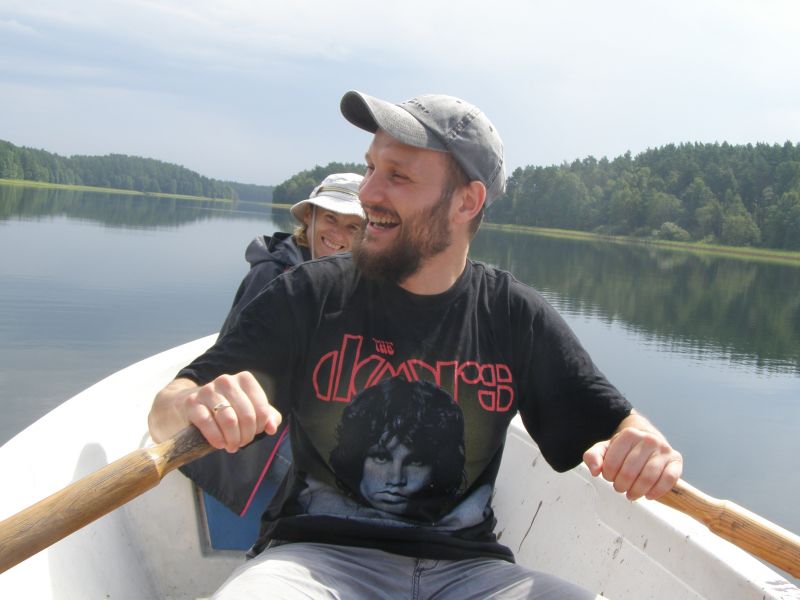Krzysztof Pleskot, Karina Apolinarska, Piotr Kołaczek, Magdalena Suchora, Michał Fojutowski, Tomasz Joniak, Bartosz Kotrys, Mateusz Kramkowski, Michał Słowiński, Magdalena Woźniak, Mariusz Lamentowicz, 2020: Searching for the 4.2 ka climate event at Lake Spore, Poland. Catena 191: 104565.
It is generally well known that lower latitudes experienced a noticeable climatic shift around 4,200 years ago that contributed to the collapse of several developing civilizations, e.g., the Old Kingdom in Egypt, or the Akkadian Empire in Mesopotamia. However, changes in temperature and precipitation and their impact on the environment in Central-East Europe at that time have to be evaluated yet. Thus an interdisciplinary team of researchers led by employees of the Faculty of Geographical and Geological Sciences, Adam Mickiewicz University in Poznań, aimed to reconstruct the environmental changes of northern Poland for the period between 3,800 and 4,500 years ago. The work was based on the analyses of lacustrine and peat sediments from Lake Spore (Szczecineckie Lakeland). The results showed that, in contrast to lower latitudes, the environment and climate in northern Poland remained largely stable except for slight winter cooling. However, it appeared that even this small change in climatic conditions was able to trigger an intensification of soil processes that, in turn, influenced local hydrological conditions. The work clearly shows that some ecosystem components, important for agriculture development, can be substantially modified even by relatively small climate change.


